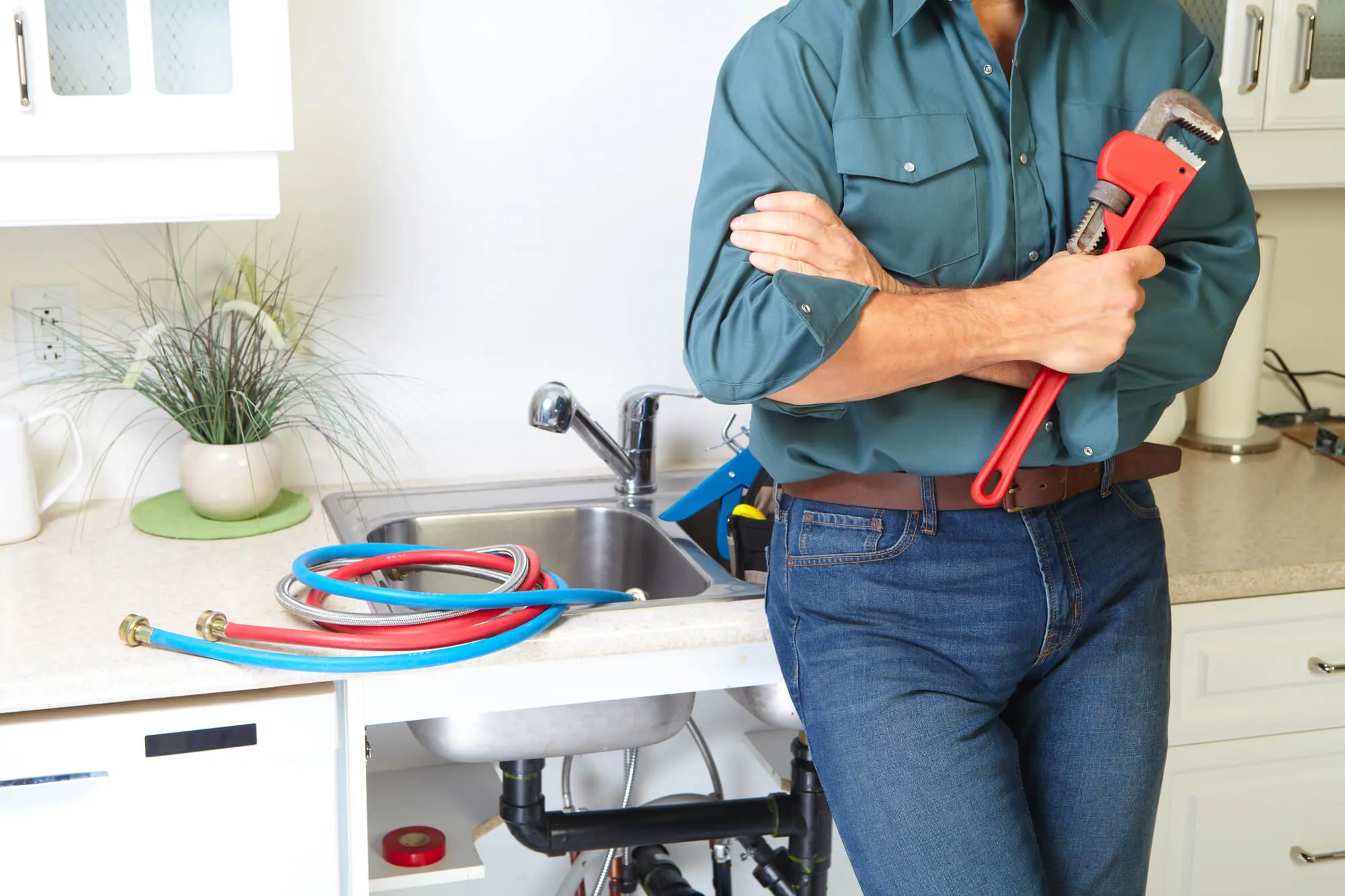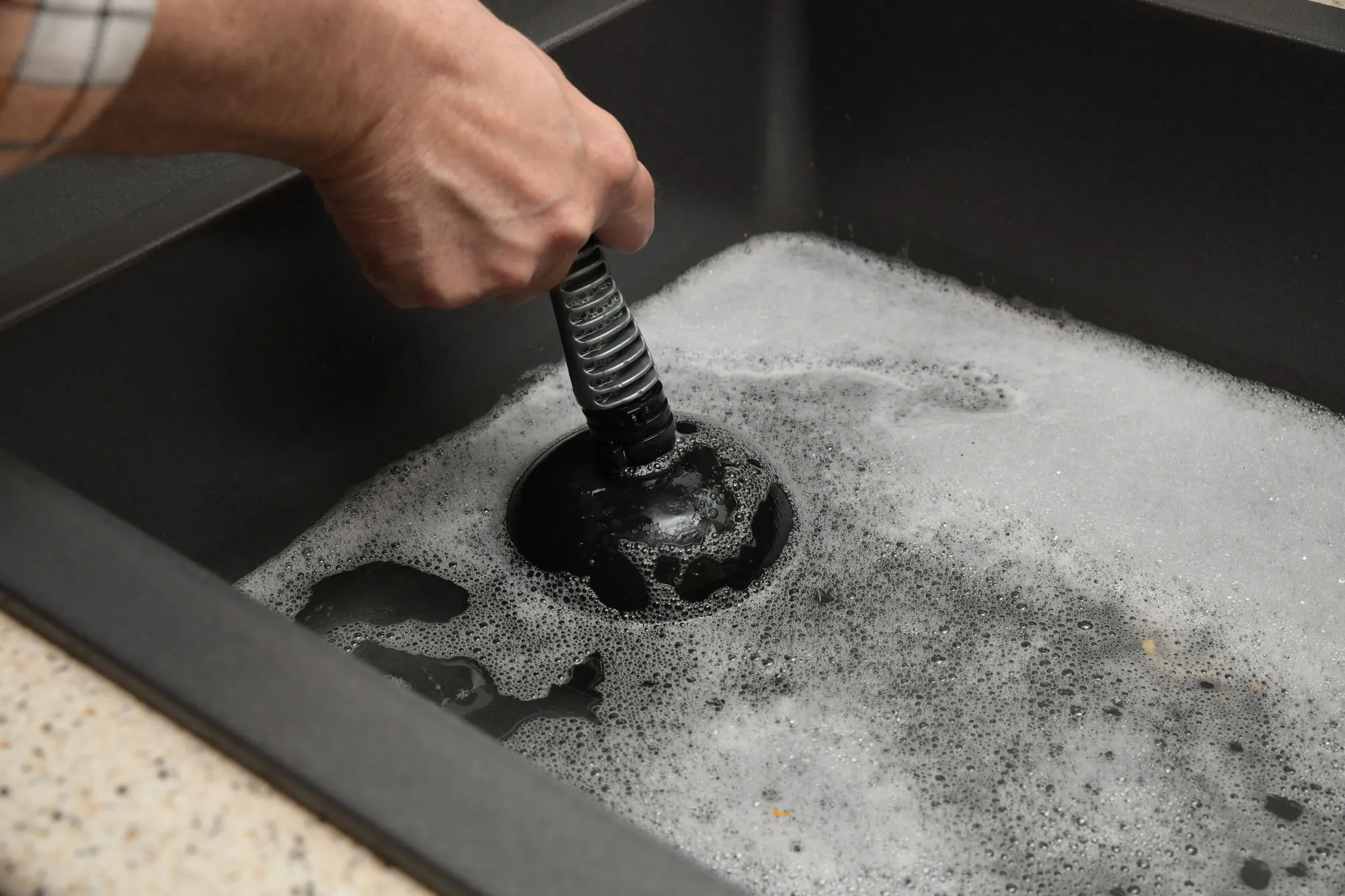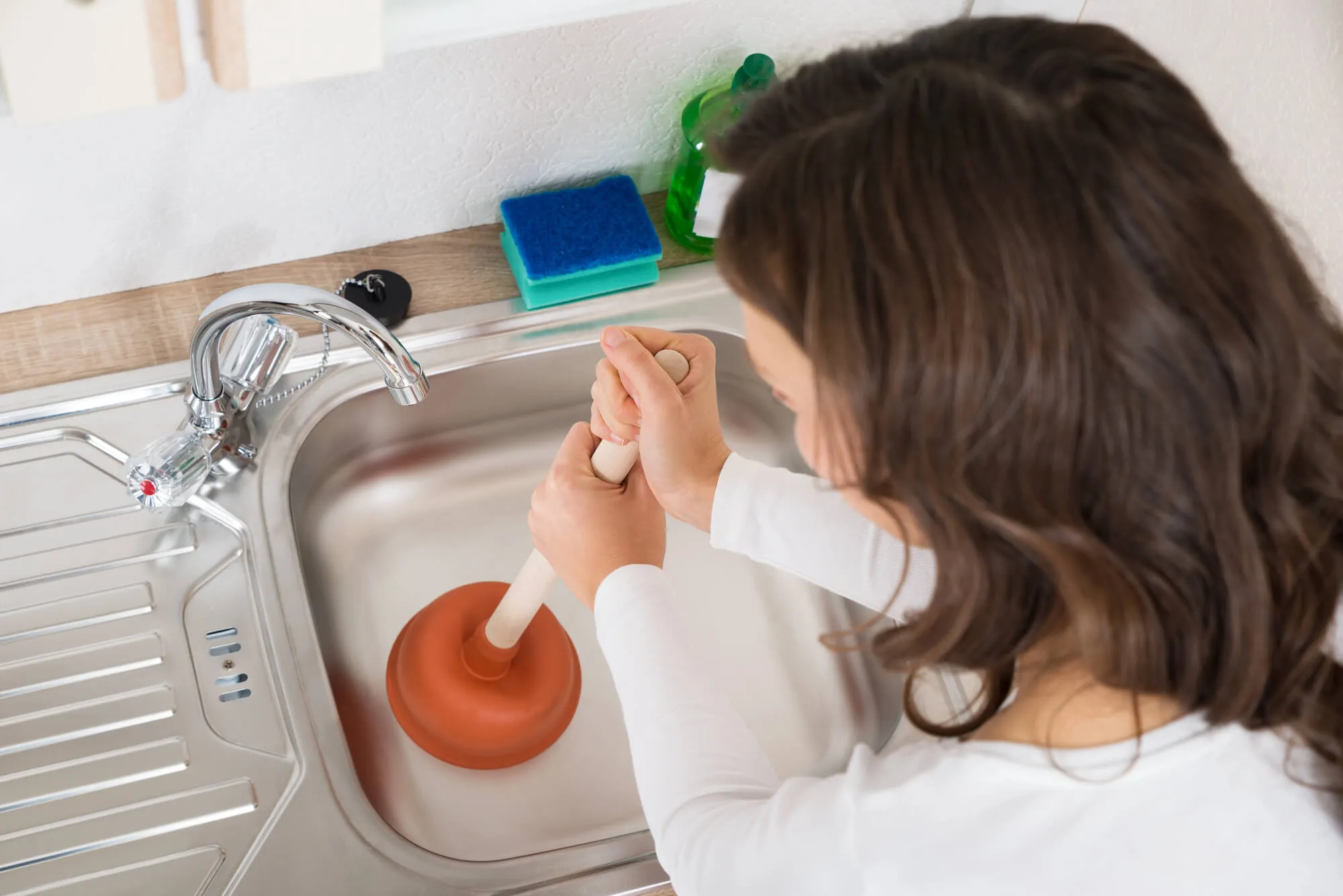Few things ruin a relaxing shower faster than standing in ankle-deep water that refuses to drain. A clogged drain in Omaha isn’t just inconvenient; it’s a sign that buildup inside your plumbing is blocking water flow. Many homeowners attempt to handle these clogs on their own, only to find that the problem keeps recurring. Knowing what causes shower drain blockages and the safest ways to clean them helps protect your plumbing, your health, and your home from unnecessary damage.

Why Shower Drains Clog So Often
Shower drains work hard every day, handling a mix of soap, water, and hair. Over time, this combination turns into stubborn buildup that narrows the pipe’s opening. Understanding what’s behind these clogs can help you prevent them in the future.
1. Hair and Soap Scum
Hair is the number-one cause of shower drain clogs. When mixed with soap residue, it forms sticky clusters that trap more debris each time water runs through. These blockages grow slowly until water struggles to drain at all.
2. Hard Water and Mineral Deposits
In Omaha, hard water is a common issue. Minerals like calcium and magnesium accumulate along pipe walls, forming rough layers that trap hair and dirt. Over time, these mineral deposits narrow pipes, making clogs harder to remove without professional help.
3. Dirt and Oils
Mud, body oils, and grooming products also contribute to buildup. These materials cling to the sides of pipes and attract other debris. Even if your shower appears spotless, its drain may be accumulating layers of grime beneath the surface.
4. Poor Drain Design or Aging Plumbing
Older homes or poorly installed drains often have sharper turns or smaller openings that trap debris more easily. If your shower drains slowly despite regular cleaning, the plumbing design may be a contributing factor to the issue.
Safe DIY Cleaning Methods for Minor Clogs
While some clogged drains can be safely cleared at home, not all methods are effective or safe to use. These DIY techniques can help with small blockages, but should always be done with care.
1. Use a Drain Cover and Pull Visible Hair
Start simple. Remove the drain cover and pull out visible hair or soap residue with a gloved hand or a small plastic drain tool. This method clears minor buildup without harming the pipes.
2. Flush with Boiling Water
Pouring hot (not boiling) water slowly down the drain can help break up soap residue and oils. Use caution—boiling water can warp PVC pipes or loosen fittings in older systems.
3. Try a Baking Soda and Vinegar Mix
A natural cleaning method many homeowners prefer combines one cup of baking soda followed by one cup of vinegar. Let the mixture fizz for about 15 minutes, then rinse with warm water. This helps loosen light buildup without harsh chemicals.
4. Use a Wet/Dry Vacuum
If you have a wet/dry shop vacuum, use it to remove debris from the drain. Cover the vent to create a seal and set the vacuum to the liquid mode before turning it on. It can remove clogs near the surface, but it won’t help if the buildup is deeper in the line.

The Hidden Dangers of DIY Drain Cleaning
Not all clogs can be solved with home remedies, and trying too hard can backfire. Improper methods may cause damage, leaks, or safety risks.
1. Chemical Drain Cleaners
Store-bought chemical cleaners promise quick results, but they can corrode pipes, especially in older homes. The fumes can also irritate your lungs and skin, and the chemicals may linger in the system, posing environmental hazards.
2. Excessive Force
Using excessive pressure with plungers or drain snakes can crack older pipes or push debris deeper, exacerbating the clog. What begins as a simple fix can quickly turn into an expensive repair.
3. Incomplete Cleaning
Even if the water drains again, residue often remains on the pipe walls. Without full removal, new debris quickly sticks to the old buildup, causing clogs to return within weeks.
4. Safety Concerns
DIY methods may expose you to bacteria, mold, or foul gases trapped in the plumbing. Professionals wear protective gear and use sanitizing techniques to prevent health hazards during cleaning.
In short, using the wrong cleaning method can exacerbate the problem—and make it more expensive to fix.
How Professionals Handle a Clogged Drain
Professional plumbers use specialized tools and proven methods to clear drains safely and thoroughly. Their approach doesn’t just solve the symptom—it addresses the cause.
Camera Inspections
Before cleaning begins, plumbers often perform a camera inspection. This allows them to see exactly where the blockage is located and what caused it. Knowing the problem before acting ensures that no unnecessary digging or guesswork is required.
Hydro Jetting
Hydro jetting uses a stream of high-pressure water to blast away grease, soap scum, and roots from the inside of pipes. It’s safe for most modern plumbing systems and restores full pipe capacity without harsh chemicals.
Preventive Maintenance
Many plumbing companies recommend scheduling periodic maintenance. Professional cleaning removes buildup before it becomes a clog, keeping drains clear and your plumbing system working efficiently year-round.
How to Prevent Shower Drain Clogs
Prevention is always easier than repair. Small, consistent habits can help you avoid dealing with standing water again.
- Install drain strainers to catch hair before it enters the pipe.
- Avoid washing oily products, coffee grounds, or heavy conditioners down the drain.
- Flush your drains weekly with warm water to prevent soap scum buildup.
- Schedule professional drain cleaning annually, especially in older homes.
These steps keep your shower drains flowing smoothly and extend the life of your plumbing.

When to Call a Professional for a Clogged Drain in Omaha
If you’ve tried DIY fixes and the water still drains slowly or backups happen frequently, it’s time to call a professional. Persistent clogs may indicate deeper issues, such as tree root intrusion, collapsed pipes, or buildup in the main sewer line. Professional plumbers can resolve these safely using advanced equipment, restoring full drainage without damaging your system.
For dependable drain care and same-day service, contact Omaha Drain. Our trained team uses advanced tools, including hydro jetting and camera inspections, to clear clogs effectively and safely. With free inspections and transparent pricing, Omaha Drain is dedicated to helping homeowners maintain clear drains and a safe home environment. Reach out to us today!
%20(1).avif)


